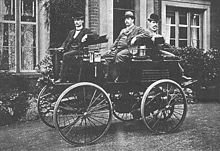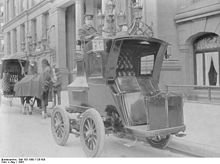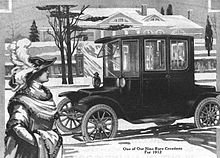And I have to say, I'm spoiled. I feel that every gas engined car that I now drive sucks. The lack of low-end power/torque, the thrashing of mechanical parts, the drivetrain slop, the noise, the seemingly needless transmission shifting (be it manual or automatic) and so on.
I used to enjoy driving these cars but now I compare everything to the Tesla P85 and they all come up way short. And I'm not only talking about my current Subaru BRZ but also my NSX and the cars of friends and family (many of which are high-end performance cars).
I didn't expect this to happen. The endless torque, acceleration, the turbine-like whine... it's as if they beamed back a car from the next century that had some kind of gravity drive unit that just pulls you down the road.
I used to enjoy driving these cars but now I compare everything to the Tesla P85 and they all come up way short. And I'm not only talking about my current Subaru BRZ but also my NSX and the cars of friends and family (many of which are high-end performance cars).
I didn't expect this to happen. The endless torque, acceleration, the turbine-like whine... it's as if they beamed back a car from the next century that had some kind of gravity drive unit that just pulls you down the road.








